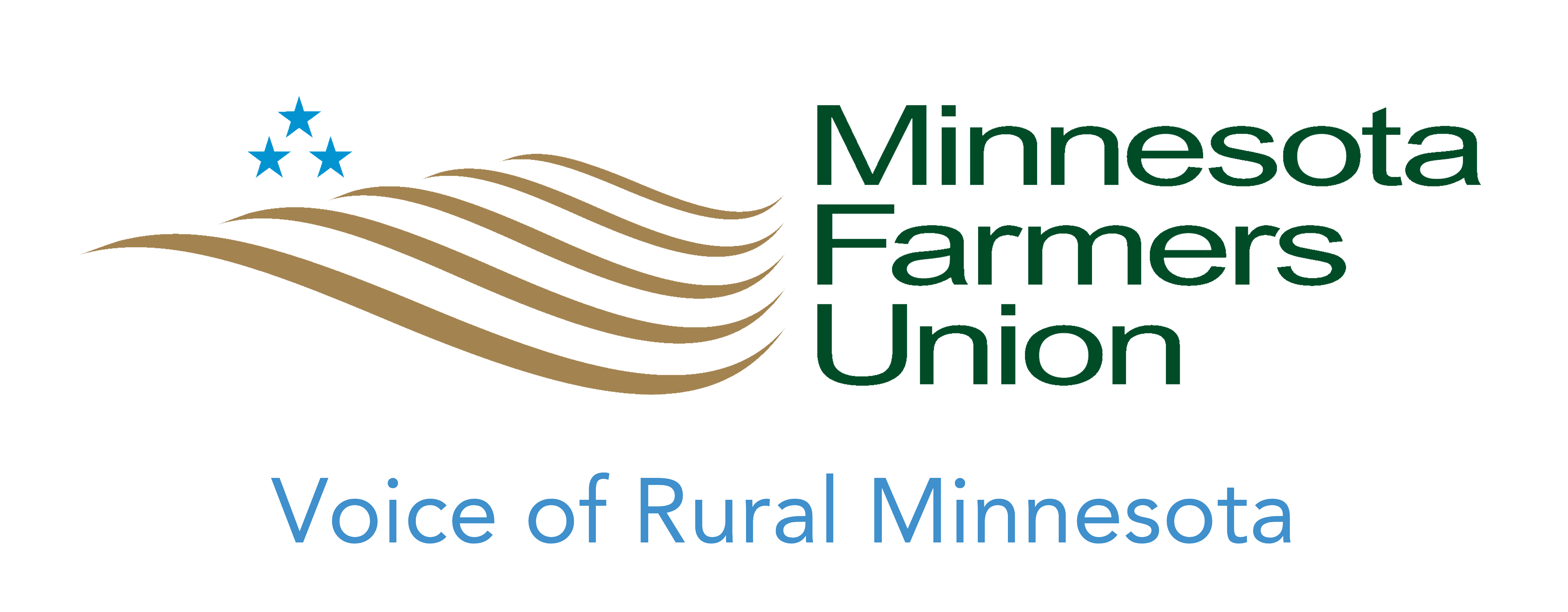Legislative Update: Agriculture bills move forward

Lawmakers returned from a short break on Tuesday, April 11 and resumed work on the state budget. Just five full weeks remain in the state legislative session with is set to adjourn on Monday, May 22. While lawmakers have been busy passing bills on tax conformity, universal school lunches, allowing immigrants to earn drivers licenses, and a slate of other priorities, the bulk of work crafting a budget and approving policy proposals remains in these final weeks. MFU is at the capitol every day the legislature is in session, meeting with lawmakers, testifying on priority legislation, and ensuring that MFU’s priorities are reflected in a final deal.
With committee deadlines past, attention turns to the Senate Finance Committee and House Ways and Means Committee, both of which are most bills’ final stop before a vote on the floor. The committee’s main task is to review spending and confirm that bills conform to committee spending ‘targets’ agreed to by legislative leaders and the governor. As a reminder, Minnesota is obligated to pass a balanced budget every two years. Unlike the federal government, Minnesota can’t spend more than the state collects in taxes and fees.
Senate agriculture bill
On Tuesday, the Senate Finance Committee unanimously approved the agriculture omnibus bill (SF1955) which includes the establishment of a grain indemnity fund, support for small and regional meat processors, an expansion of beginning farmer programs, funding for cooperative development grants, and new investments in MDA’s soil health financial assistance program.
Within the target allocated to agriculture, this is a strong proposal that reflects MFU’s priorities. You can read more about the budget proposal here and see MFU’s full written response here.
In the Finance Committee, Sens. Rich Draheim, R-Madison Lake, and Torrey Westrom, R-Elbow Lake, raised questions about the indemnity fund and how it would be administered. Both stated that elevator collapses are an issue that has devastated farm families. Agriculture Commissioner Thom Petersen answered questions about the proposal, making clear that any premiums would be assessed on dollars of sold grain (not bushels) and that the opt-out provision would allow farmers to request a refund from the department immediately after delivering grain. You can watch the discussion here and read a more complete description of the fund here.
The next stop for the Senate agriculture bill is a vote on the Senate floor, which could happen as soon as this week. If you have opinions about what’s included, now is a good time to contact your senator.
House agriculture bill
The House agriculture omnibus bill (HF2278) led by Chair Samantha Vang, DFL-Brooklyn Center, could also move quickly, though it hasn’t been scheduled for a hearing in the Ways and Means Committee, the bill’s final stop before the House floor.
One piece of the House package that was met with concern from minority members would direct the Minnesota Department of Agriculture (MDA) to develop a new regulatory program for ‘systemic’ pesticides, which are defined as those that are designed to be “absorbed by plants and translocated throughout plant tissue,” including neonicotinoids. The bill would direct MDA to study the issue of systemic pesticides in treated seeds and disseminate new best management practices (BMPs) to producers. This proposal and another expanding the Board of Animal Health (BAH) are two differing policy provisions that will (presumably) be negotiated in an eventual conference committee between the House and Senate.
RFA funding bill moves forward
Separate from the agriculture bill—but led by agriculture chairs Aric Putnam, DFL-St. Cloud, and Vang (SF548, HF463)—a proposal to replenish Minnesota’s Rural Finance Authority’s (RFA) revolving loan account continues to advance. Importantly, these bills would prevent the agency from running out of funding later this year, allowing them to continue to make Beginning Farmer Loans and other loans without interruption. Through many committee stops, MFU has encouraged lawmakers to approve this funding quickly and ahead of a full bonding package.
Also on Tuesday, MFU’s Vice President, Anne Schwagerl, testified in support of Chair Melissa Wiklund’s, DFL-Bloomington, bill to establish a MinnesotaCare public option (SF49) as it appeared before the Senate Commerce Committee .
“The high cost of healthcare is a principle barrier for young people who want to farm, become entrepreneurs, move to a new region, or start a family,” Vice President Schwagerl shared with the committee. “If we want an economy where everyone has opportunity, vibrant rural communities, thriving rural schools, and new families on the land, we need to figure out healthcare.”
Also on healthcare, key lawmakers in competitive districts are being targeted by big pharmaceutical company trade group PhRMA for their support for establishing a Prescription Drug Affordability Board (PDAB). Prescription drug prices are skyrocketing and are a key driver of healthcare costs overall. In 2019, Attorney General Keith Ellison convened a bipartisan group of experts to develop recommendations for state action to lower drug costs and their No. 1 recommendation was to establish a PDAB. Similar to the Minnesota Public Utilities Commission, the Board would check the monopoly power of drug companies, setting upper payment limits for high-cost drugs. The same group spends record amounts on lobbying and sued to block the implementation of the Alec Smith Emergency Insulin Act.
Farm bill update
On the federal level, National Farmers Union (NFU) updated our national 2023 Farm Bill priorities to reflect updates to policy made at the NFU Convention in San Francisco. The document summarizes key initiatives including:
- Establishing a dedicated competition title that includes Fairness for Farmers priorities including improving price discovery, establishing a special investigator, and protecting the Packers and Stockyards Act rulemaking, and reinstating mandatory country-of-origin labeling (COOL).
- Improving farm programs by increasing loan rates to reflect higher input costs and authorizing a voluntary update of base acres and yields.
- Establishing permanent disaster assistance programs to address implementation delays and get away from ad hoc disaster assistance.
- Improving crop insurance for specialty crop producers and expanding the availability of market risk protection policies.
- Supporting dairy farmers through establishing dairy growth management principles and strengthening the Dairy Margin Coverage (DMC) program.
- Supporting voluntary climate action through increased funding for voluntary, incentive-based conservation, supporting biofuels infrastructure development, promoting farm-scale renewable energy generation and investing in key research.
The updated one-pager also lays out support for maintaining the pairing between nutrition and farm programs, ensuring support for beginning, veteran, and socially disadvantaged farmers, and expanding funding for the Rural Cooperative Development (RCDG) program. As members continue to meet with Minnesota’s federal delegation across the state, please use this as a resource to talk about our shared national priorities.
Just this week, MFU Executive Committee member Josh VanDerPol (Chippewa County), and member Kim Halvorson (Rice County) met with Sen. Tina Smith at the Wilmar Poultry Testing Lab as producers brace for a ramp up in High Path Avian Influenza cases across the state. Animal health, Conservation Reserve Program requirements, immigration, and staffing at Farm Service Agency offices all came up in that discussion. Thank you to the many others who’ve made time to plan or join meetings and events with members of our congressional delegation ahead of this Farm Bill.
As always, if you have questions, thoughts, or concerns about MFU’s legislative work, reach out to (320) 232-3047 (C) or stu@mfu.org.
